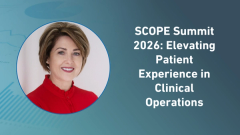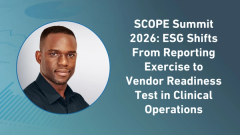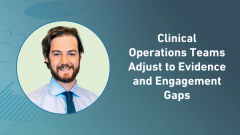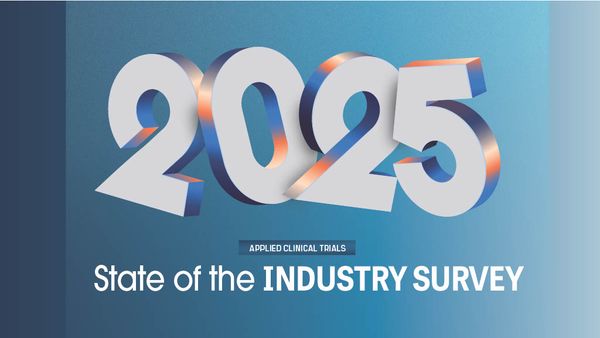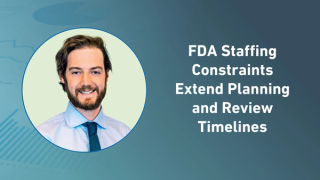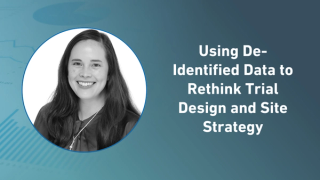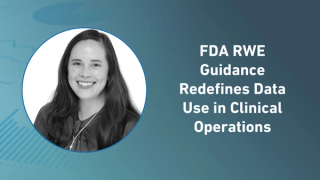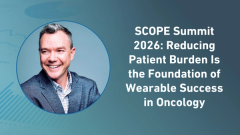
Metrics & Benchmarks
Latest News

Accelerate Clinical Trials with AI-Enhanced Financial Management
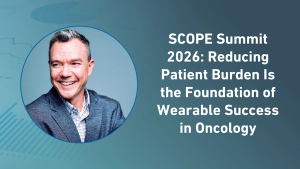
SCOPE Summit 2026: Reducing Patient Burden Is the Foundation of Wearable Success in Oncology
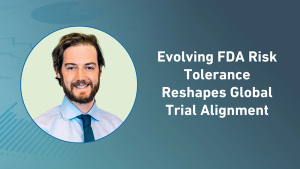
Evolving FDA Risk Tolerance Reshapes Global Trial Alignment

SCOPE Summit 2026 Panel Discussion: Diversity in Clinical Trials—What’s Working, What’s Next
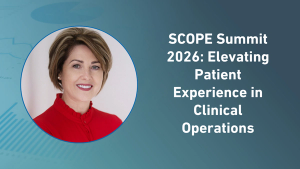
SCOPE Summit 2026: Elevating Patient Experience in Clinical Operations

Shorts





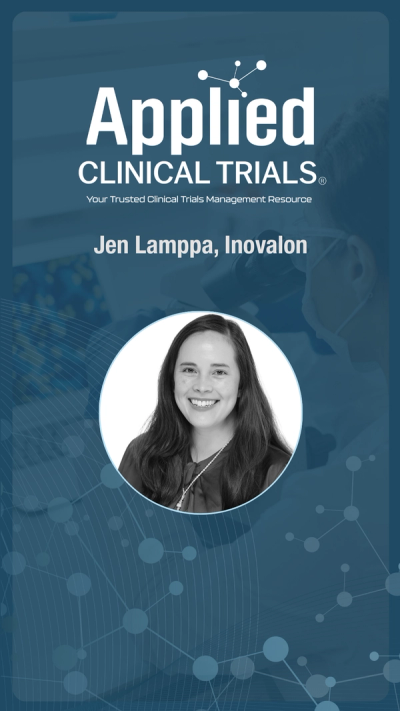
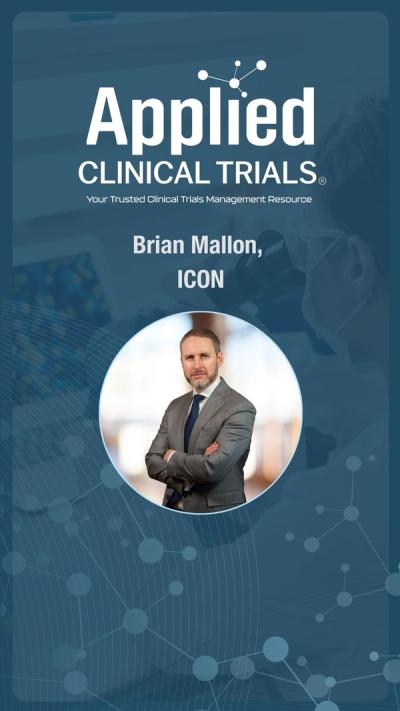



Podcasts
Videos
All News

Mike Wenger, chief innovation officer at CRIO, discusses how different site types—from academic medical centers to independent research sites—require distinct eSource approaches, and why aligning technology with site workflows is critical to study execution.

Industry leaders explore areas of opportunity for acceleration as well as how early-phase planning, technology, and collaboration can keep moving the clinical ecosystem forward.

Ken Getz of Tufts CSDD and Eliav Barr of Merck discuss how efficiency, public trust, and AI all fit into the current state of clinical research.

Holly Leslie, vice president of services at Ledger Run, explains why site selectivity is not yet universal, but increasingly driven by larger, more sophisticated sites that are demanding stronger remuneration policies and greater leverage in sponsor relationships.
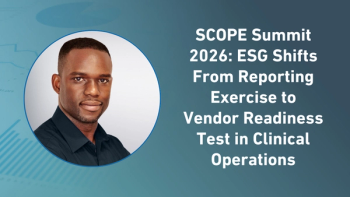
Otis Johnson, PhD, MPA, founder and principal consultant at Vantix Operations, discusses how ESG is evolving from a reporting exercise into an auditable measure of operational readiness, and what that shift means for sponsor expectations, vendor qualification, and supplier governance discipline.

Raja Shankar, VP of machine learning at IQVIA, explains how AI-driven trial simulation and automation are beginning to influence decision-making across every phase of clinical development.

Charlie Paterson, partner at PA Consulting, describes how FDA capacity constraints are creating uncertainty from initial submissions through late-stage approval, elongating timelines and influencing global development strategies.

Today's biopharmaceutical landscape demands a fundamental rethinking of outsourcing approaches that embrace collaboration, flexibility, and teams willing to meet halfway.

When a single pivotal trial can determine the fate of an entire program, success depends less on marginal gains in speed or cost and more on building robust, adaptive trial designs that actively manage uncertainty and protect the probability of a positive outcome.

Charlie Paterson, partner at PA Consulting, outlines how limited FDA guidance on innovative designs, decentralized models, and digital endpoints is forcing clinical operations teams to recalibrate expectations and minimize regulatory risk.

New findings from a Phase II study indicate that antenatal treatment with the FcRn blocker nipocalimab resulted in low fetal drug exposure and transient reductions in infant IgG levels at birth, without evidence of impaired immune recovery or vaccine response through nearly two years of follow-up.

Charlie Paterson, partner at PA Consulting, discusses how fewer new guidance updates are pushing sponsors to rely on historical precedents and non-US standards when making trial design and operational decisions.
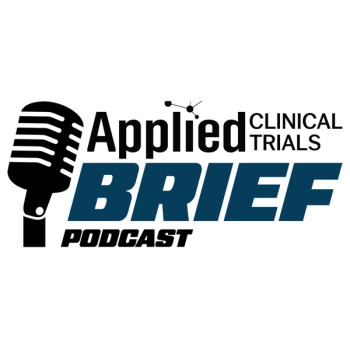
ACT Brief: FDA Capacity Strains Timelines, Sponsors Rethink Site Support, and Regulators Align on AI
In today’s ACT Brief, we examine how reduced FDA capacity is extending regulatory timelines, why sponsors are rethinking operating models to reduce site burden in 2026, and how the FDA and EMA are aligning around guiding principles for artificial intelligence in drug development.

As trials expand into new geographies and decentralized models mature, sponsors are confronting a core operational challenge in 2026: how to scale global execution while reducing system complexity and day-to-day burden on research sites.

The FDA and EMA have aligned on ten guiding principles for the responsible use of artificial intelligence across the drug development lifecycle, establishing a shared framework to support innovation, regulatory consistency, and patient safety.


